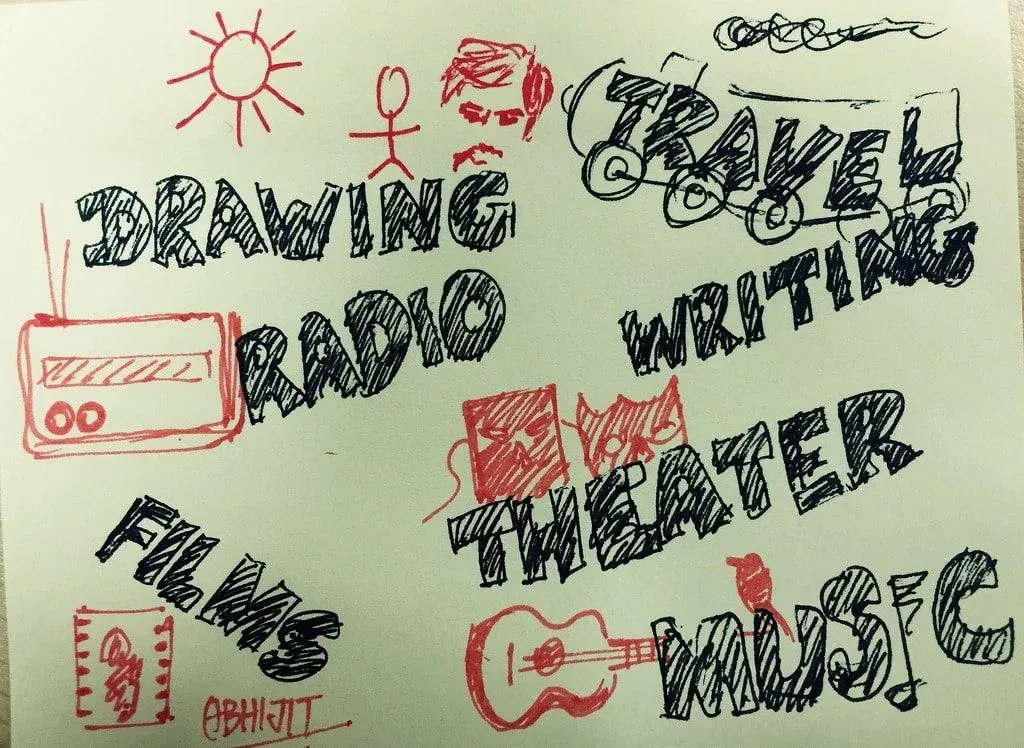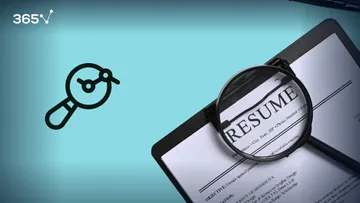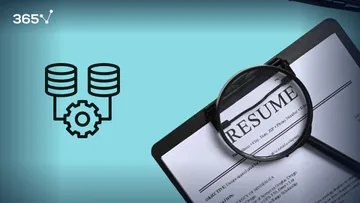
How to write a data science resume for university graduates?
Getting your first job after university is not straightforward in any discipline.
Data science is no exception, but easy is no fun, right?
It took everything you had to make it through your education and now you’ve got to start again with the job market. You feel like a newbie. And how does a newbie make an impact? How does a fresh face stand a chance against veteran data scientists with years of experience?
Like I said, it’s difficult.
But data science is a fantastic field to be part of - companies are hiring all over the place. They are looking for enthusiastic and driven new recruits! You know you’d make a superb data scientist and you must show them that.
How? With an awesome resume!
And we’re here to help!
Let's go through how to write a data science resume for university graduates and share tips with you to help you represent your wonderful self on a sheet of A4. (And then, you can jump straight to our ultimate career guide to discover 10 of the best data science job boards you should bookmark before you send out your resume.)
A couple of general tips before you start
Let’s start with some things to consider before you take pen to paper… or fingers to keys.
How to organize the writing process?
Before you start writing anything, you need to decide on your audience (the employer) the purpose of your text (to show how awesome you are) and the goal you want to achieve (an invitation to interview). Write it on a post-it note so you can always remind yourself. When you start writing, write everything. With a CV this will be all your experience, all your skills, everything you want to say about you, your ‘master-copy’ if you will.
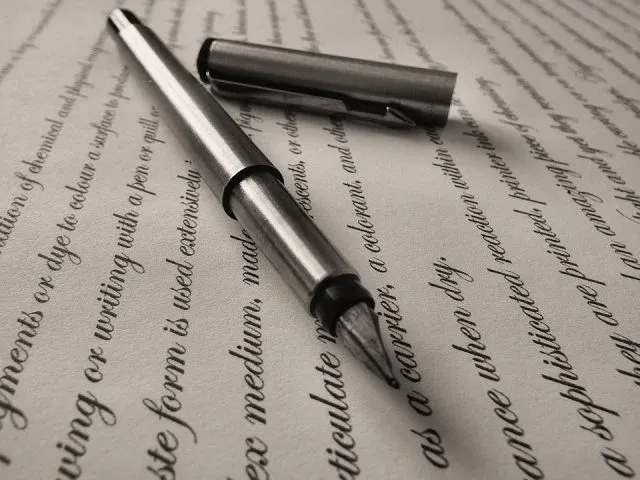
After that, is the editing, cross-checking what you have written with your little post-it note, taking all the relevant information and putting it in a neat little package.
Why are keywords important?
Recruiters spend anywhere between 5 and 30 seconds looking at a CV. And they don’t read it, they scan it looking for keywords. Words that signify an applicant is even worth considering.
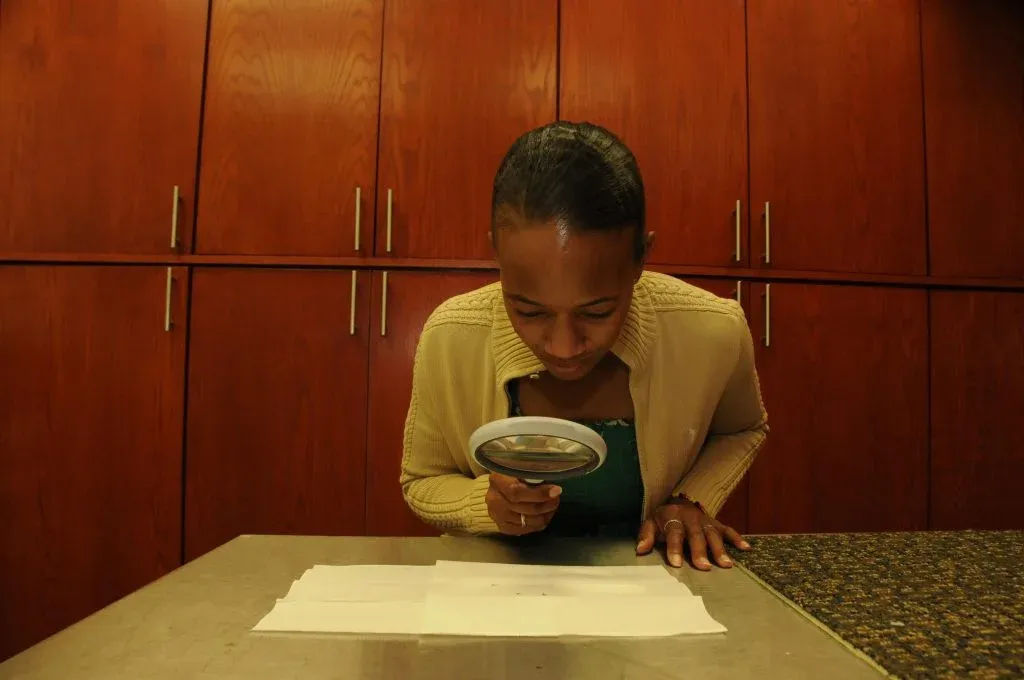
Many even use an Applicant Tracking System (ATS) which is computer software that does the scanning for them.
Skills are the main keywords, but we will get into that further on.
The company name is a great keyword. It will grab attention and it’s a small touch that makes an enormous difference.
You’ll find the best keywords in the job description and a clever idea is to have a quick google of trending keywords. The more you have in your data science resume, the better. And scattering them through your CV will make the recruiter (or her robot) scan the entire CV.
Lying in your CV is tempting but, oh, so stupid. So, if you want to boost the number of keywords with true backable skills, take some extra courses. Here at 365 we have recognized and valuable courses that will make your CV shine with professionalism. Click here to see some.
Now on to the good stuff!
How to write your data science resume?
Format
When you are transforming your ‘master-copy’ into your ‘masterpiece’ it’s good to keep it on one page. Some recruiters are fine with having more but from what I’ve found, they are the minority. The ones who do like the CV on one page, REALLY like it on one page. Double-side it if you really need to but if you focus on your audience and your goal, one page should be fine.

Have a play around with font and sizing, but I’d recommend something easy to read and a size that fits your CV nicely. Don’t go any smaller than 10 though, find a way to lose some words instead.
Choose a photo... then get someone else to approve it. Get one taken professionally if necessary. Photos on a resume are common now* so do it right. And smile, it’s not a passport!
* Some companies explicitly state that photos are not allowed in a CV due to their equal opportunity policy. Those are usually large corporations or banks, so be careful with that.
Contact information
This should be the easy bit - make sure you spell your name right, and obviously, you’re not going to get any call-backs if you write the wrong telephone number.
In all seriousness though, make sure you have a professional sounding email - your name plus some numbers is fine. 
Feel free to add any social media accounts to this section, LinkedIn, Facebook etc. If you have a Blog or a website which shows off your skills.
Have a read of our personal branding piece for invaluable information to make your online persona as suave and sophisticated as your real-life one.
Trust me, you may think your privacy settings are water tight, but the internet is sneaky and a shirtless photo of you riding a rodeo bull can always slip through the net.
Sort yourself out a nice profile photo and tactically share some professional sounding posts from BBC news for all to see, you can always change it back once you get hired!
Objective vs summary (or not)
First, What’s the difference between an objective and a summary?
An objective is a short statement saying what you want career-wise.
For example, my objective would be something like:
“English linguistics graduate looking for a writing job, with high salary to fund my cat clothing obsession” If you ask me, your CV itself is an objective. You want a job for the company you are applying for. So, you gave them your CV.
Unless you are planning on telling them what they want to hear, don’t bother with an objective.
How about a summary?
The goal of a summary, and in fact your whole CV is to show your best qualities in short space.
So, remember to keep it focused – don’t waffle on about irrelevant points. Keep your audience in mind.
Avoid fluff words - “enthusiastic, team-player, loves a challenge, quick learner”, everybody says this, prove your statements with measurable facts.
Sell yourself, don’t be shy, you’re great! You want to stand out in a crowd of experienced data scientists. Put yourself in an employer’s shoes, what would you want in a candidate? Someone just like you right? Show them that.

If you really, really need to save space, you can put your summary in a personalized cover letter. A cover letter gives you more words to play with, a chance to thrown in some specific keywords and most positions require a cover letter.
Skills
The skills section is one of the most important, especially for a data scientist and especially especially for a recent graduate! Because you haven’t got much experience, skills are your strength. Skills are your keywords, and you should litter them throughout your data science resume for university graduates. The skills list is just for reference, the examples of your skills are where you show off.
I was going to say go and do your research, find trending buzzwords, work out what skills a data scientist should have etc. Instead, I found a site that lists almost all the skills that employers will be looking for in a data science application.
You’re welcome!
Your job is to go through these, pick out the skills you own and think of times when you have used them. Write them all down. These will lead to that interview.
There are two types of skills, hard and soft: hard are your data science technical skills – R, Python, SQL etc.
Write down as many real-world examples using these skills as you can.
Stating how you “used Tableau to visualize the monthly sales at the car dealership you were interning at. This led your manager to see when the company sold the least add-ons and in turn promoted them at this time, increasing sales by 50% over 3 months" is more hard-hitting than just writing “Tableau” in your ‘Skills’ section.
Note that hard skills can be very job specific. So be sure to check job descriptions; one employer may prefer R over Python and you need to adjust accordingly.
Soft skills are your transferable skills – time management, leadership, communication, etc.
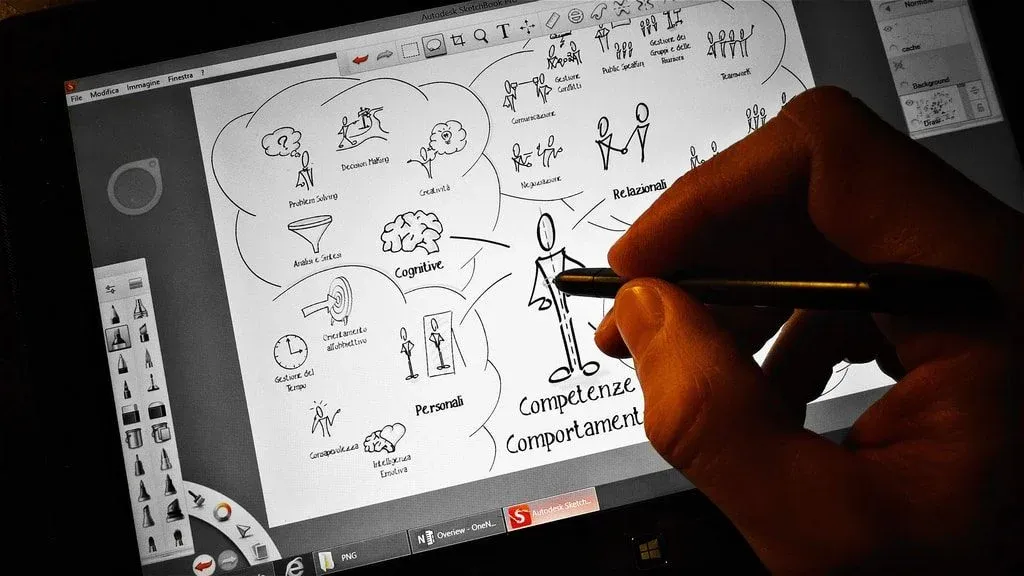
Having examples of these is arguably more important than the hard skills, particularly for a graduate. They will let employers know that you can adapt to and thrive in the work-place. Unless it’s a research-based position, most employers will want to know that you are a capable data scientist outside of academia.
So, you should end up with a bunch of skills and a handful of good examples of when you’ve applied these skills. This will be your master list. You should make it as exhaustive as you can because it will be the backbone for the rest of your data science resume for university graduates.
Education
I highly suggest putting your education right after your summary (if you choose to have one). As a graduate, it is your strongest area. You can fill this section with skill, experiences, and work attitudes while showing off your wealth of knowledge at the same time.

Start with your most recent qualification and work backwards. Don’t bother with high school grades-waste of space. If you were accepted into university they couldn’t have been that bad, and they’re certainly not relevant. Lay it out with your degree > school > dates unless your degree is not directly related to data science and your university is one of the best, then you can go with school > degree > dates.
You need to write as many things as you can think of (keep them in your master-copy). If it shows off any skill, write it down. But again, be specific.
This is another chance to brag a little, talk about your thesis, publications, research projects. A benefit of being an academic is your breadth of knowledge. So, show this off.
Jobs in the data science field vary and some positions require more time in academia than others. Your theoretical knowledge is your desirable trait at this point, but lack of experience can raise warning flags for certain employers. So, use this section to your advantage, fill it with technical skills and what you have learned and researched, but use the job description to judge how heavy you rely on it as you may want to put more effort into the next section…
Experience
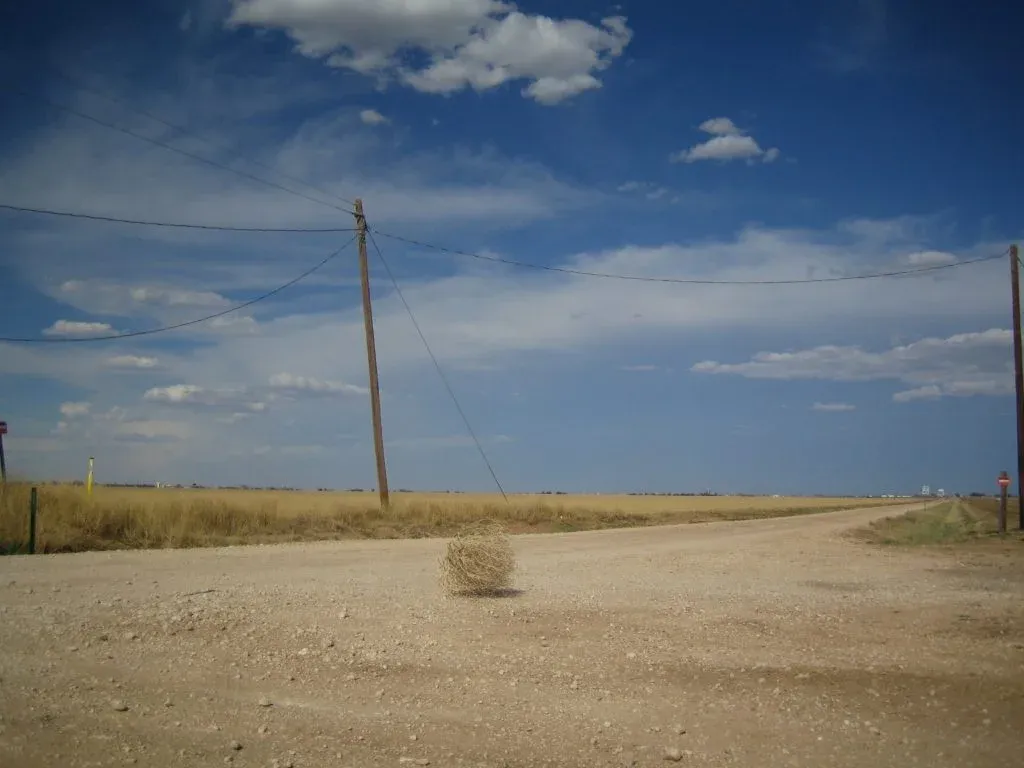
I'm kidding, you’ve got loads of experience! You’re a young adult who has spent years at university - living life, learning new things, and growing into an awesome data scientist. Now is just the point where you must find experience which is relevant and will make an employer want to get you on their team.
So, how do we do this?
Yes, again, we start strong! Don’t start with your most recent job if it was working as a waiter in a cocktail bar. Your 6-month internship with *insert big-deal company here* should be at the top. You can use your part-time student jobs though as they will highlight your transferable skills. The ones which flaunt that you can fit right into the workplace. Your killer Mai Thai may go down a treat at the staff party but no need to include it in your data science resume for university graduates. However, this is the best place to show off your ‘soft skills’ “Used my verbal communication skills to reduce customer compensations by 35% in June/July” for example.
Employers respect someone who works hard, especially through their studies.
Oh, you didn’t work during your studies? Bank of mum and dad kept you in the black?
No problem, then list your independent projects. Experience doesn’t have to be paid work. Have you been on Kaggle or GitHub? If not, get on there... like NOW! They are great platforms to get some practical experience in data science. Kaggle gives you competitions to do and GitHub is a site for posting your code. These are also great points that you can talk about in your interview.
And speaking of things to bring up in the interview…
Activities and interests
This is where you put a little bit of personality, show them how interesting you are as a person on top of everything.
Don’t play it safe with “I enjoy reading, walking my dog and staying on late at work” Yawn! That’s why they call it 'interests'. Give the recruiter one last punch in the memory!
Do you play a weird instrument? Bungee jump? Collect dinosaur bones?
The more unusual the better!
You’ve already blown them away with your data science resume for university graduates. This will leave them with one last thing to make sure it sticks in their head.
References
Don’t put your references. I wouldn’t want my details handed around all over the place. When you’ve been offered the job, then give your references. Tell them they will be contacted. It won’t look good on you when your course lecturer responds with “who?” when asked to give a gleaming recommendation about you.
Excellent, I hope this has helped get you pumped to write an epic data science resume for university graduates. You’re going to do great, it’ll take some work on your part, sure, but follow these tips (and if you’re sensible, tips from other articles as well) and you’ll be well on your way to getting that data science job. And if you need more preparation, check out our course on Starting a Career in Data Science: Project Portfolio, Resume, and Interview Process.
To sum up:
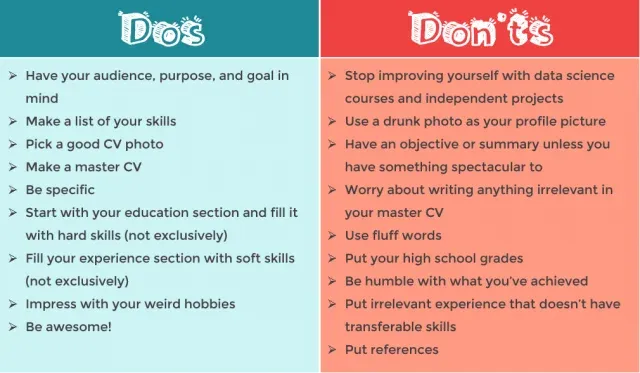
And again. Good luck!

